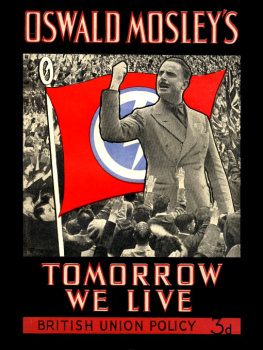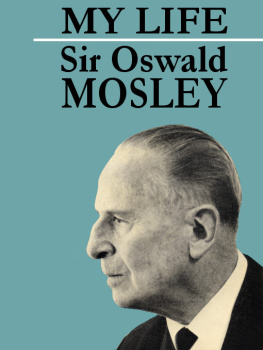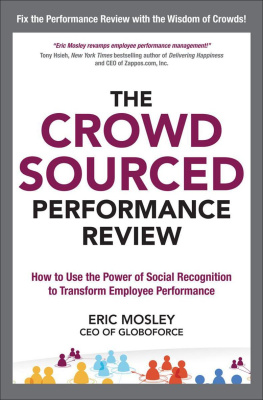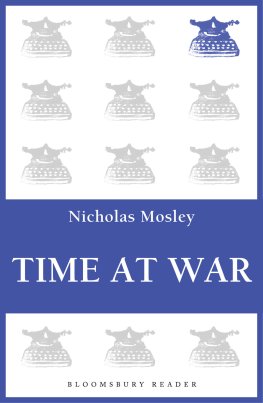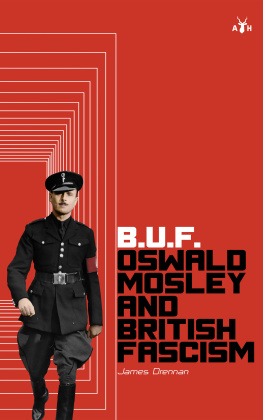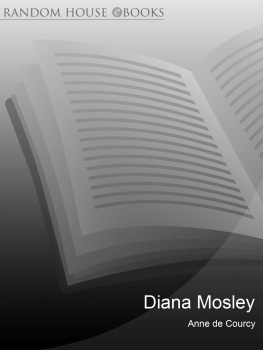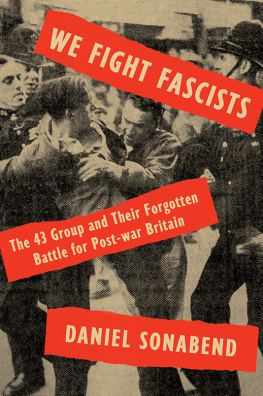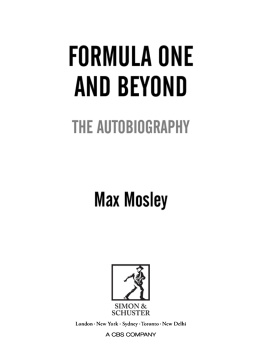Tomorrow We Live
British Union Policy
By
Oswald Mosley
First Published in 1938
Copyright 2004 Friends of Oswald Mosley (F.O.M.) London. UK. All rights reserved.
System Of Government - What Is Wrong
Financial Democracy
THE will of the people shall prevail. The policy for which the people have voted shall be carried out. This is the essence of good government in an enlightened age. This is the principle which is denied by the system misnamed democracy, which in degeneration is more appropriately called financial democracy. The reason is that government is paralysed by the maintenance of a parliamentary system a century out of date. When the Government elected by the people is incapable of rapid and effective action private and vested interests assume the real power of Government, not by vote or permission of the people, but by power of money dubiously acquired.
In recent years the trifling measures which have struggled through parliamentary obstruction have been insignificant in their effect on the lives of the people by comparison with the immense exercise of money power. Decisions and movements of international finance on Wall Street, and its sub-branch in the City of London, may send prices soaring to create a speculator's paradise at the expense of the real wages of the people, or may send prices crashing to throw millions into unemployment as the aftermath of some gigantic gamble. In terms of the things that really matter to the people, such as real wages, employment, the hours of labour, food prices, and the simple ability to pay the rent, finance, under the present system, can affect the lives of the mass of the people more closely and more terribly in the decision of one afternoon than can Parliament, with puny labour and the mock heroics of sham battles, in the course of a decade. For the instrument of the money power was designed to fit present conditions and to exploit the decadence of an obsolete system. Parliament, on the other hand, was created long before modern conditions existed to meet an altogether different set of facts.
New Conditions
Parliamentary Government, practically in modern form, was designed primarily to prevent the abuse of elementary liberties in a relatively simple rural community with a primitive national economy. The facts of that age have no relation to the periods of steam and power, which were followed swiftly by vast accumulations of finance capital that possess the unlimited international mobility of a world force. Is it really likely that the parliamentary instrument of a century or more ago should be equally suitable to meet the facts of an age which science has revolutionised? Yet on the assumption that the system of government alone required no change, during the century of most startling change that mankind has known, rests the policy and the philosophy of every one of the old parties of the State, Conservative, Liberal and Labour alike !
This patent fallacy which all the old parties teach the people admirably suits the financial exploiter. A parliamentary system devised to check personal outrages by medieval courts or nobles is represented still as the effective guardian of liberty in this age of international finance. It would be as true to say that the bow and arrow with which primitive man defended his farm from the marauding wolf is equally effective to defend him against the tanks of a modern invading army. But the people are persuaded that the instruments by which they preserved some semblance of liberty in the past are still effective to preserve their liberties in modern conditions, in order that these liberties may be taken from them without their loss even being realised.
Parliament and Liberty
It suits our financial masters well that all parties should combine to tell the people that Parliament is the sole effective guardian of liberty, and, naturally, the national Press, which the money power so largely controls, is in unison to echo the same refrain. It is also not surprising to find that anyone who dares to suggest that the liberty of the people alone can be preserved, and their will alone can be carried out, by the entrusting of the Government, which they have elected, with power in the name of the people to act, should be unanimously denounced by the old parties and by the financial Press as a tyrant who desires to overthrow British liberty. As long as the people can be gulled into the belief that they are free today so long can their slavery be perpetuated. Therefore, every instrument of the financial tyranny from party machines to national Press is mobilised behind a barrage of money power to resist the simple principle that power belongs to the people alone, and that their power can only be expressed by giving their freely chosen Government the power to act.
That such power in Government does not exist today can scarcely be denied. It is admitted that only two big Bills can be passed through Parliament in the course of a whole year, which means that any effective programme submitted as a pledge of immediate action to the electorate would take more than the lifetime of a generation to carry out.
Under such conditions every election programme becomes a fraudulent prospectus, which, contrary to die experience of business life, carries the most fraudulent not to gaol, but to Downing Street. Every main Bill has four stages of debate on the floor of the House of Commons alone, and in two stages can be debated line by line by a committee of over six hundred people. In such circumstances the ability of the Opposition to obstruct is unlimited, and no measure can in effect reach the Statute Book in face of really determined opposition. The result is that bargain, compromise, and delay completely stultify the programme for which the majority of the people have voted. Yet this is the procedure which we are told "honest" men are prepared to operate, within a system which renders impossible the execution of the promises which they have given to the people, and by means of which they have secured office and power.
The First Duty
On the contrary, we ask whether any honest man or Movement in politics would not make his first proposal and his first duty to create an instrument of Government by which he could carry out the promises he had made and the policy for which the people have voted. Yet all the old parties combine to resist this principle of elementary honesty, and to denounce as the denial of liberty any suggestion to give to the people the first principle of liberty in the actual execution of the policy they desire. As a result the vote becomes ever more meaningless, and fewer people take the trouble to exercise it as they learn by bitter experience that, no matter the party for which they vote, they never by any chance secure the policy for which they have voted. Farcical becomes the parliamentary scene as the people realise that in a dynamic age this system can never deliver the goods, and like all systems in decline the parliamentary mind seems anxious only to produce its own caricature.
In the Light of history it will ever be regarded as a curious and temporary aberration of the human mind that great nations should elect a Government to do a job and should then elect an Opposition to stop them doing it. Fortunately, even in the wildest excesses of this transient mania, this delusion never spread to the business world, and no business man outside an asylum has yet been observed to engage a staff of six to carry on the work of his firm, and then to engage an additional staff of four to stop them doing their job. Curious to posterity will appear the principle of creating at the same time a Government to do the nation's work and an Opposition to frustrate it. But stranger still will seem the final reduction to absurdity of the parliamentary system whereby a Prime Minister is paid 10,000 a year to do the nation's job, and the Leader of the Opposition is paid, and accepts, 2,000 a year of the nation's money to stop him doing it. Yet this extraordinary harlequinade, in which nothing serious, in terms of the modern mind, is ever done, and little serious is even discussed, is today represented as the only means of preserving the liberties of the people.

